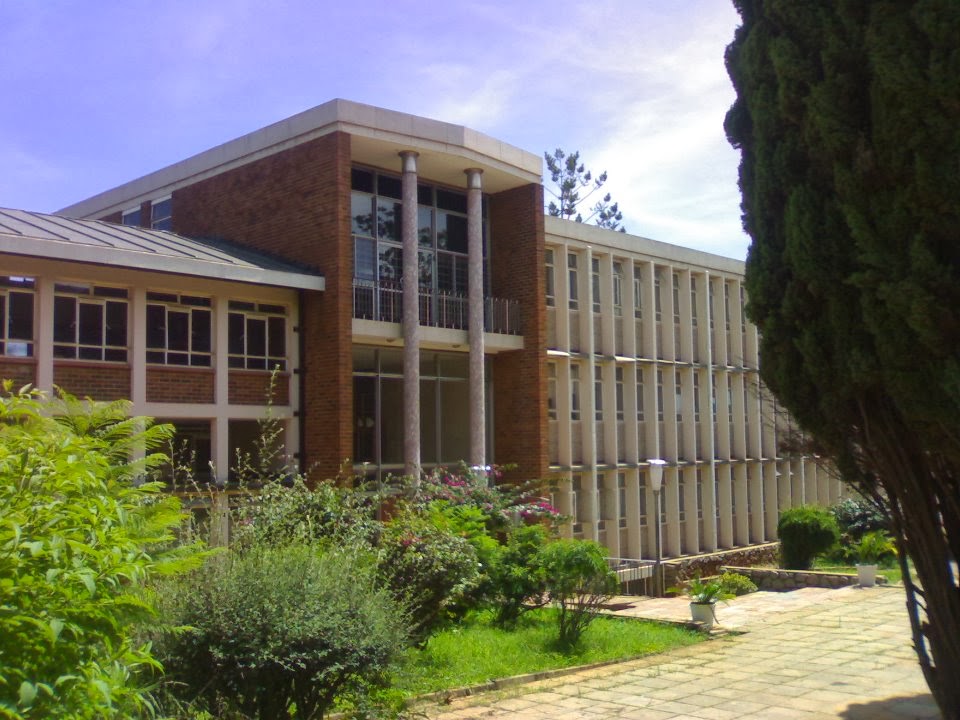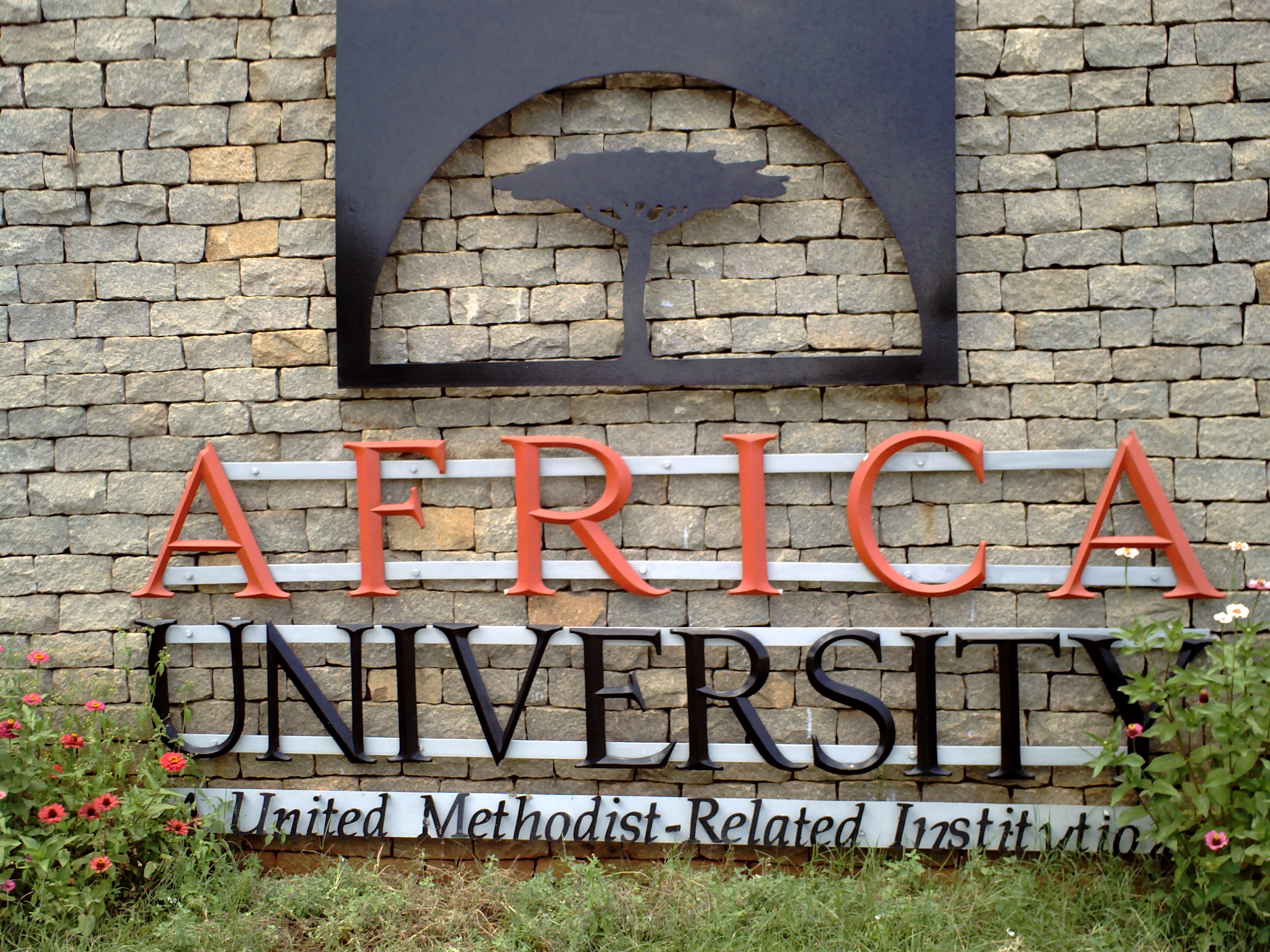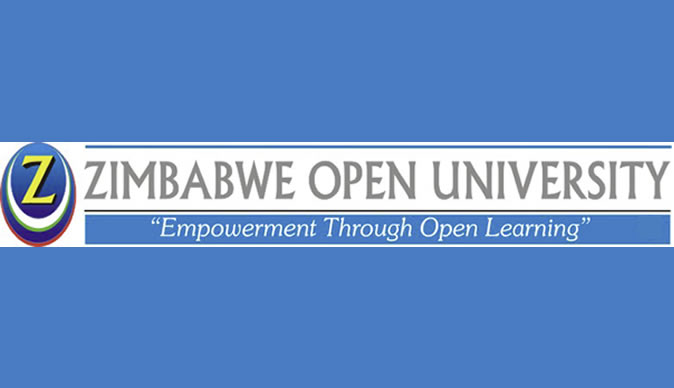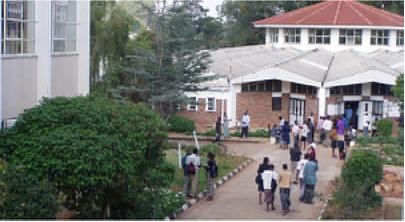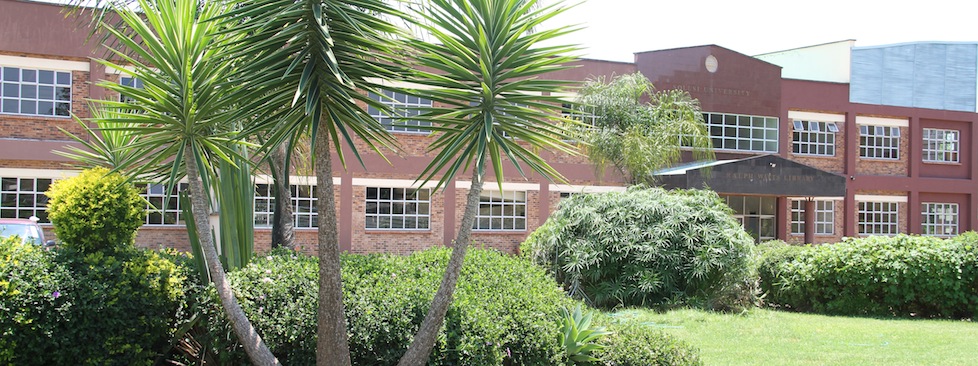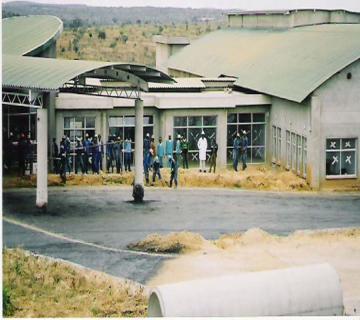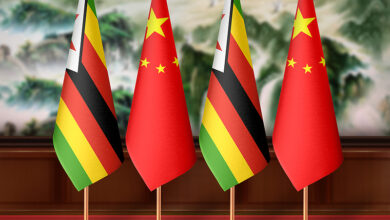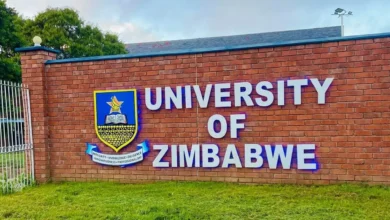Top 10 University’s in Zimbabwe

University of Zimbabwe
The University of Zimbabwe is the oldest, leading and finest University in Zimbabwe which is involved in teaching and research and offers degrees, diplomas and certificates in various disciplines which include arts, agriculture, law, medicine, social studies, science, engineering, education, commerce and veterinary sciences.
The rigorous academic standards and high quality research output demanded by the University of Zimbabwe on its academic staff has raised both its academic and training profile to make its graduate a highly sought after in industry, commerce, Government departments and other organisations. All University of Zimbabwe programmes are accredited by the Zimbabwe Council for Higher Education and other professional bodies in medicine, law, engineering, accountancy, social work and veterinary science.
Africa University
The development of Africa University is a consequence of the growth of United Methodism in Africa. The growth in membership and the emerging socio-economic and political needs in their countries led the African bishops of the United Methodist Church (UMC) to call on their church to invest in higher education provision in Africa.
Catholic University
The Catholic University of Zimbabwe was established on 20 August 1998 through Statutory Instrument 268, Proclamation 49. The first University Council was established in October 1998. The first Chancellor of the University was the late Most Rev. Patrick Fani Chakaipa, the then Archbishop of Harare whose successor is the present Archbishop of Harare, the Most Rev. Robert Christopher Ndlovu, Professor George P. Kahari and Mr Herbert Munangatire were the first to propagate the idea of a Catholic University in Zimbabwe. A group of lay Catholics then pursued this idea and approached the then Archbishop of Harare, the Most Rev. Patrick Fani Chakaipa and the Hon. Robert G. Mugabe, then Prime Minister of Zimbabwe who both accepted and promoted the idea until the establishment of the university. On 25 February 1999 the University opened its doors to 41 students reading for the Bachelor of Business Management and Information Technology (Honours) Degree (BBM& IT). In August 2000, the Bachelor of Arts Degree was added. In 2010, there were over 300 students in the two faculties – the Faculty of Business Management and Information Technology and the Faculty of Humanities. The proportion of men to women is about 50:50.
The university boasts of good lecturers in all faculties, good support staff, serene environment, a laboratory, and a library.Our potential students should expect real education, real practise and real human development.
Bindura University of Science
In 1995, the Government made a decision to address the problem of the shortage of science teachers locally by setting up a University of Science Education. The Bindura University College of Science Education was established under the University of Zimbabwe. Arrangements were made for it to be housed at the Provincial Public Service Training Centre in Bindura.
Zimbabwe Open University
The Zimbabwe Open University (ZOU) is a unique institution of higher learning offering Open and Distance Learning to students in Zimbabwe, in the region and in the international arena. It started off as an offshoot of the University of Zimbabwe and has since grown into a fully fledged University. A Centre for Distance Education was established in 1993 by the University of Zimbabwe, in the Department of Educational Administration. This was in line with the Government’s realisation, after independence, that the majority of the people in Zimbabwe was hungry for tertiary education and had missed the opportunity of going to college when they were still young, due to the colonial restrictions that had denied them the chance. The ZANU-PF Government, whose 1980 Election Manifesto made education a human right, facilitated the development of distance learning to accommodate those people who would not have been in a position to go to conventional, residential tertiary institutions for an education because of lack of sufficient funding and other commitments, for example, work commitments
Midlands State University
The idea of a University in the Midlands dates back to the foundation of the National University of Science and Technology when Gweru, which was identified as a possible site for a second university campus in the country, lost its bid to Bulawayo. Two other opportunities to host institutions of higher learning (the Open University and the Catholic University) were also missed by the Midlands Province, when the two universities went to Harare instead. It was in the midst of such disappointments that two initiatives gradually converged to give birth to what has since become the Midlands State University. His Excellency, the President R G Mugabe, on the nudging of the Provincial political leadership of the Midlands, accepted to the idea of a national university being built in the Midlands. This coincided with the then Ministry of Higher Education and Technology’s policy of devolution, which was aimed at expanding access to higher education by converting teachers and technical colleges into degree granting institutions. It was through the process of devolution that beginning in 1998 Gweru Teachers College started to enrol students studying for the Bachelor of Commerce with Education and the Bachelor of Science with Education degrees offered by the University of Zimbabwe.
Solusi University
Our purpose as Solusi University derives from the heritage of the Seventh-day Adventist Church: to enable students to dedicate their lives to selfless service for God and man; to guide in the formation of characters marked by integrity, loyalty to God and country, self-discipline, responsibility and tolerance; to develop students’ abilities in critical thinking; to bring forth acceptable levels of refinement and aesthetic taste; to encourage respect for the dignity of labour and to proffer guidance for the community, church and society.
Chinhoyi University of Technology
The University believes in quality in all its endeavours and to support this, fully equipped state-of-the art laboratories were established across campus to raise the research bar amid ongoing rigorous recruitment drive which saw the University recruit over sixty academic staff with PhD degrees at senior lecturer, Associate Professor and Professor level by January 2014. This recruitment coupled with internal staff development strategies, the University aims to grow its entire academic staff to PhD level and most are mid-way through. True to this vision, our students remain the biggest beneficiaries who consume quality teaching and learning which is assured at CUT.
Harare Institute of Technology
HIT was established in 1988 as a National Vocational Training Centre (NVTC). Overtime, it evolved into a Technical College offering courses in automotive, electrical, and mechanical engineering, producing artisans capable of operating and maintaining machinery in industry with little or no research or generation of new technology related knowledge.
HIT conducts research, design, manufacture, develop, incubate, transfer, and commercialise technology for all sectors of the economy. Harare Institute of Technology produces highly qualified technical human capital that is creativity driven, project oriented, understand all stages of invention including idea generation and development and have the ability, stamina and courage to set up high-tech enter.
Great Zimbabwe University
While the Great Zimbabwe University grows into a fully fledged institution of higher learning that will cover a full range of disciplines, it seeks to play a major role in the restoration and preservation of culture and in using culture as the basis upon which to build the future within the context of local and globalimperatives.The University’s curriculum reflects those elements that promote African culture, reinforce the dignity and self-confidence of Africans, and underpin the national unity of Zimbabweans. The birth of the Great Zimbabwe University (GZU) therefore heralds a new era in higher education, a period whose hallmark should see the Zimbabwe education system covering an increasing range of modern disciplines while being sufficiently and firmly anchored to local culture and restoring the confidence of indigenous Africans to apply and exploit their own creative genius in the modern competitive world.

